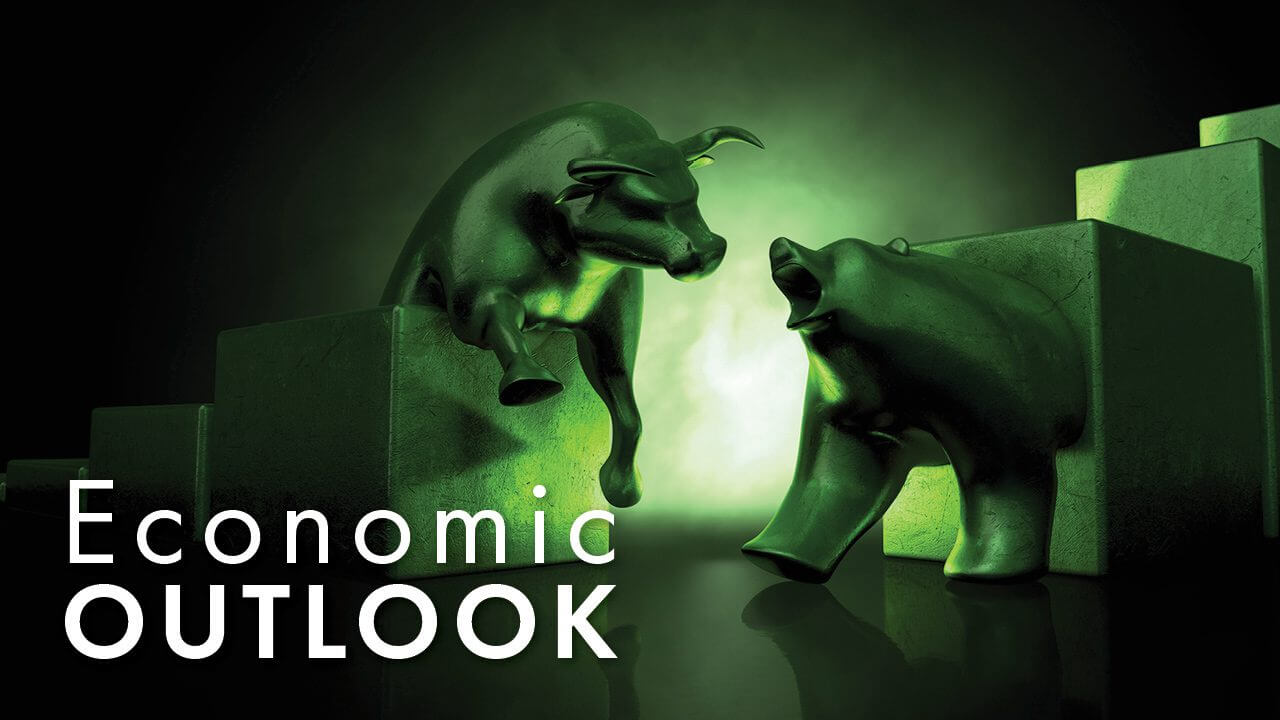It’s been almost a year since the last increase in interest rate by the Fed. Inflation was moving at an unsustainable pace and the labor market was red hot. By all standards, the economy was running far too fast.
The Fed began raising interest rates in February 2022 and did not stop until they brought the Federal Funds Rate to 5.25-5.5%—the fastest rates had ever been increased. Fed Chair Jerome Powell was determined to see inflation stopped. Interestingly enough, Treasury Secretary Janet Yellen had labeled inflation transitory in January 2022.
Looking back, one could surmise that inflation was caused by a dysfunctional supply chain leftover from COVID and an economy flooded with government stimulus that was unneeded. As those two items have worked themselves out, inflation and the labor markets have returned to normal.
There is an economic theory that suggests that interest rates are never where they should be. The belief is that rates are either too high, stifling the economy, or too low, overheating the economy. Presently, there are several economic models suggesting that interest rates are too high.
The danger of leaving rates too high is that the economy could end up in recession. The danger of cutting rates too early is that inflation could return upsetting two years of work. Finding the right balance is never easy.
Market stress is evident. The housing market remains historically high. Unemployment has now risen to 4.1%. Credit card and auto loan delinquency rates have risen above pre-pandemic levels. Yet, sentiment is broad that we won’t see rate cuts until September.
The July Fed Meeting will be closely watched. With it being an election year, all eyes will see if the Fed gives any hints to their thoughts moving forward. Officials insist elections play no part in their decisions. Regardless, one party will be unhappy no matter the direction.
For now, higher for longer remains in place.

